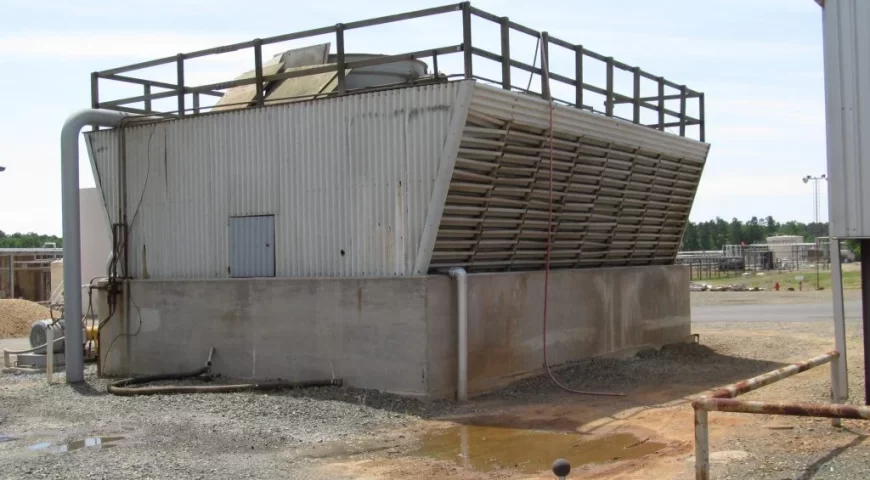Introduction Low-water cooling systems, such as air-cooled condensers, dry cooling towers, hybrid cooling systems, and adiabatic cooling units, offer sustainable alternatives to conventional water-intensive cooling methods. They reduce dependency on freshwater sources, lower wastewater generation, and help industries comply with stringent environmental regulations. Additionally, these cooling solutions enhance equipment longevity by minimizing common water-related issues […]
- Home
- About Us
- Heat Exchangers
- Cooling Towers
- Fanless Cooling Tower
- Bottle Shape Cooling Tower
- Square Shape Cooling Towers
- FRP Multi Cell Cooling Towers
- Pultruded FRP Cooling Towers
- Single Crossflow Cooling Towers
- Double Crossflow Cooling Tower
- Dry Cooling Towers
- Wooden Cooling Tower
- Closed Circuit Cooling Tower
- Turbine Cooling Tower
- Forced Draft Cooling Towers
- Closed Circuit Hybrid Cooling Tower
- Contact us
91 6379 00 3383






